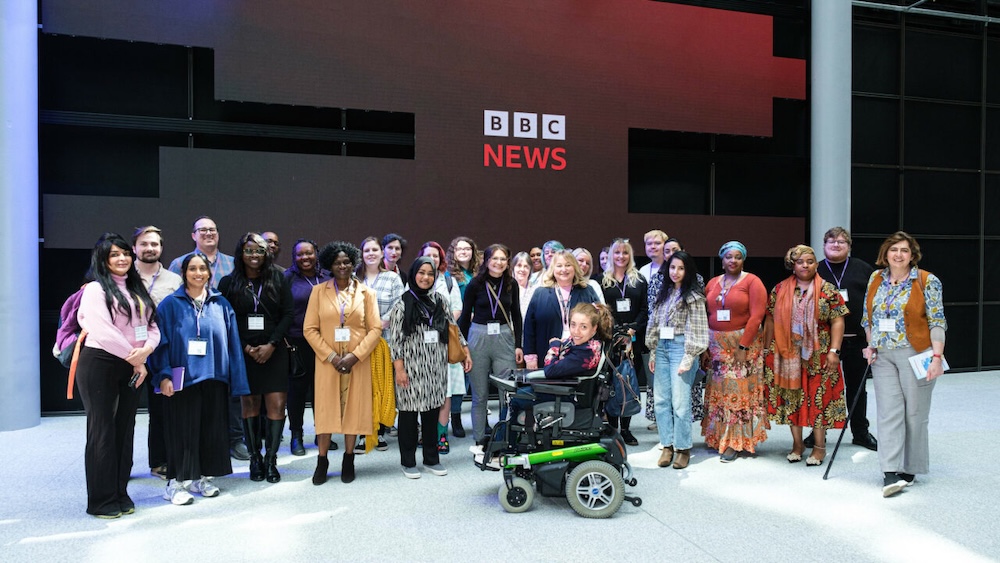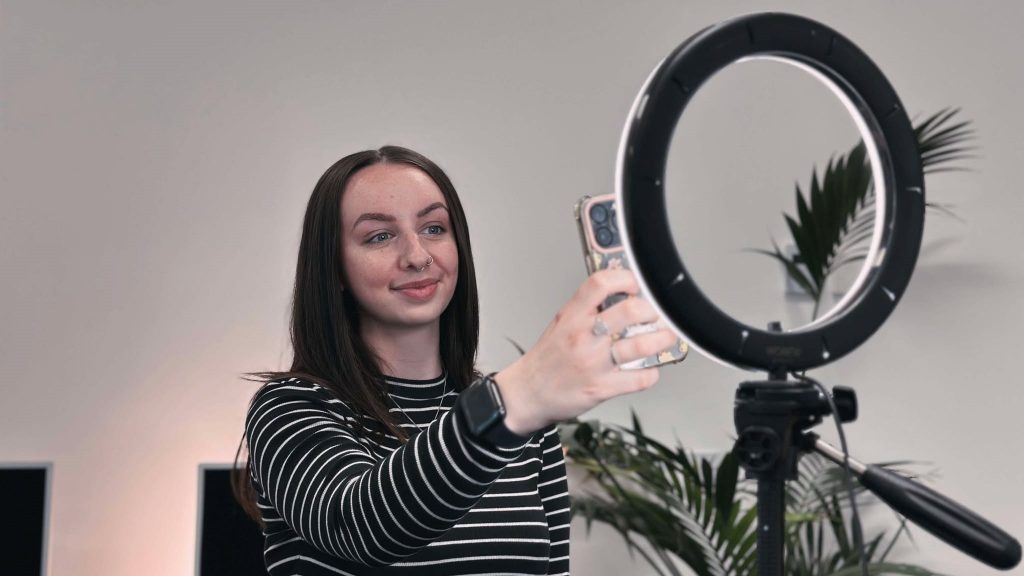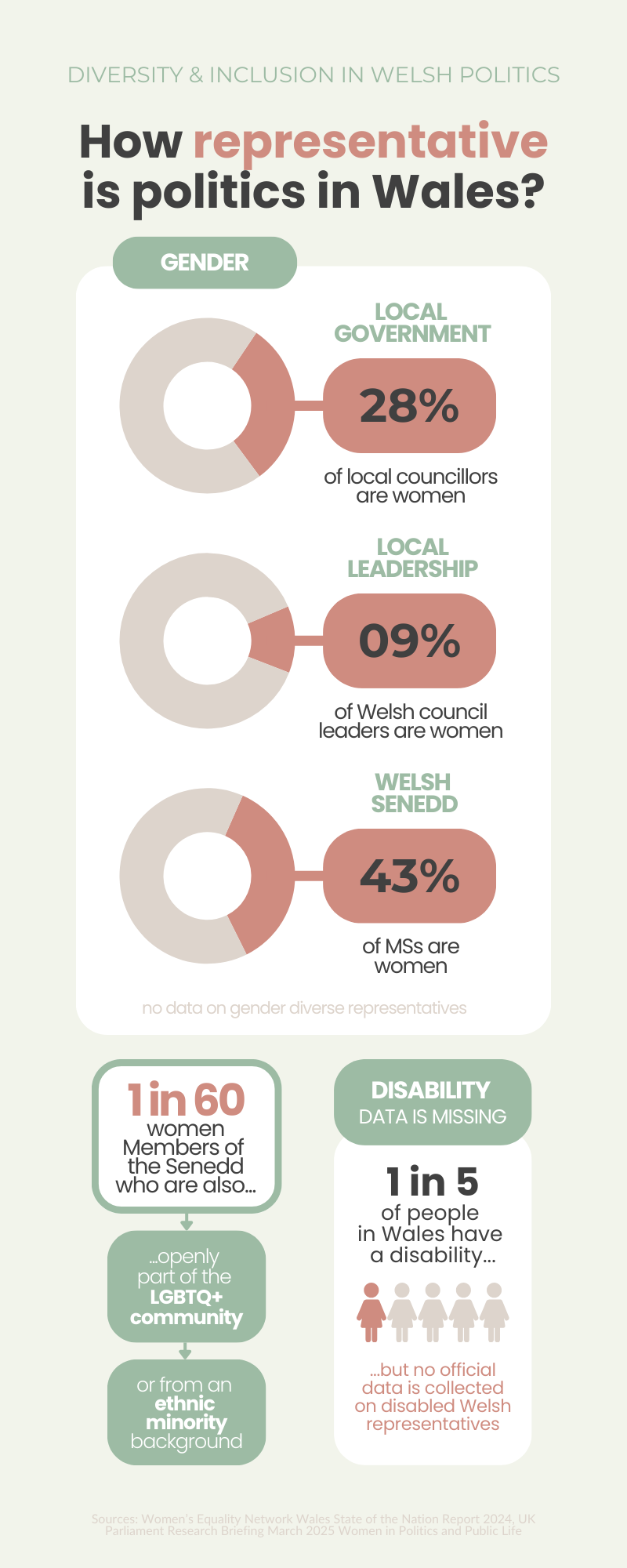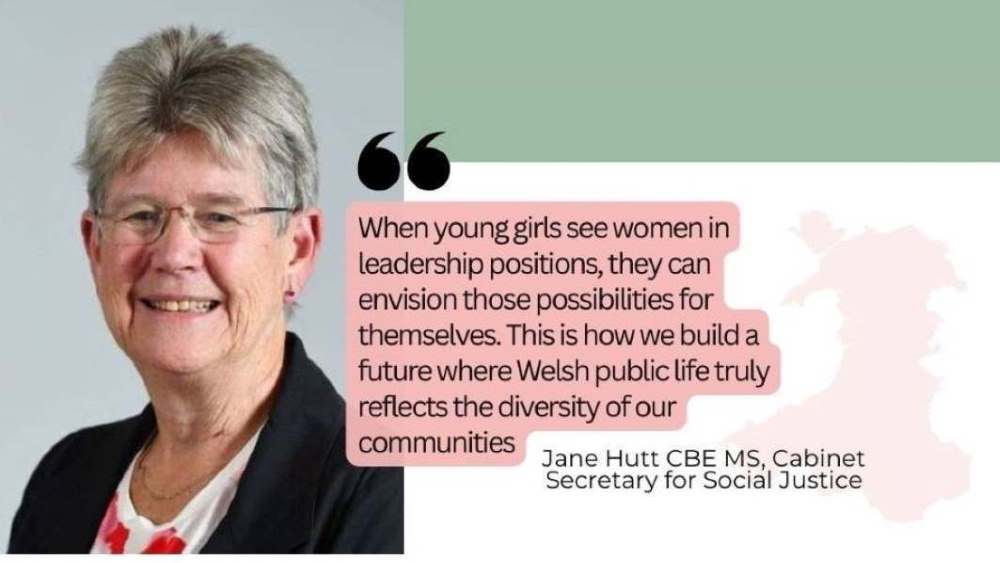The Equal Power Equal Voice mentorship programme is making democracy in Wales more diverse. With new funding just announced, how does it work and who can take part?

In 2021, Beth had a stroke of luck when she saw a post by the Women’s Equality Network (WEN) Wales on social media. As a Welsh woman passionate about gender equality, she was the ideal candidate for the advertised scheme now accepting applications. Better still, the timing was perfect. Beth was considering running in her local election, and this was an opportunity to build campaign skills and expand her political networks.
“I never thought I’d run as a local councillor, but that programme gave me the confidence to [feel] I can actually do this,” she says. “It helped me to network with like-minded people who really uplift each other and show you that you can do it and you do belong here”.
Beth applied to the Equal Power Equal Voice (EPEV) mentorship programme that WEN Wales was advertising, joining the 2021-2022 cohort. The initiative, which has just secured another three years of funding from the Welsh government, aims to make public and political life more representative of Wales’s diverse communities.

It works by supporting individuals from underrepresented groups to build the skills and confidence needed for leadership and public-facing roles. Beth’s cohort peers were a mix of women, disabled people, Black, Asian or minority ethnic (BAME) people and LGBTQ+ people, each with professional ambitions in the public or political spheres.
For organisers, the programme vision is to see more diverse representation across all public and political decision-making positions in Wales. As well as elected roles in local government and the UK or Welsh parliaments, this includes public boards, health boards, arts and cultural settings, and as community leaders or activists.
By financing initiatives like Equal Power Equal Voice, the Welsh government is making progress on a commitment to increase diversity across all aspects of public life. In 2024 it issued guidance on diversity and inclusion for registered political parties which stated an ambition to “see all the faces of Wales, and to hear all the voices of Wales, reflected in the democratic institutions that make the decisions that ultimately define how we live our lives”.

Demographic data suggests a long road ahead before this inclusive vision can be delivered. Forty-three per cent of the Senedd are women, but only one woman of colour has ever been elected in over 20 years of devolution. Gender representation also falls rapidly at the level of local governance, where women make up only 9% of council leaders. For other underrepresented groups in governance, such as ethnic minorities, disabled people and LGBTQ+ people, little to no public data exists making it hard to monitor trends over time.
The 2024 appointment of Eluned Morgan MS as the Senedd’s first female First Minister was a milestone for women’s political representation in Wales. But Morgan also led the government’s withdrawal on plans to ensure at least 50% of candidates are women at future Welsh Parliament elections. Sioned Williams of Plaid Cymru criticised Morgan for “celebrating the fact rightly that she is Wales’ first female in that role” while “binning the very bill that to ensure women have an equal voice in this Senedd”.
The Equal Power Equal Voice programme exists to tackle this systemic lack of diversity by helping participants overcome some of the hidden barriers to these roles and sectors. This scheme involves training and peer-to-peer support as well as one-to-one mentoring with prominent or influential Welsh people who are leaders in their sectors. Upon joining, each mentee is assigned to one of the four participating advocacy organisations, depending on personal goals and background. Alongside WEN Wales are Disability Wales, Ethnic Minorities and Youth Support Team (EYST) and Stonewall Cymru.

When Beth joined the programme in 2021, she was assigned to WEN Wales to pursue her interest in women’s rights. Along with another cohort member, she used the skills and knowledge developed through the programme to stand in her local election as one of the first-ever Welsh candidates for the Women’s Equality Party.
She says, “I never would have done half the stuff I’ve done. Now, if I ever want to campaign for something, I know different people who are passionate about different things, and I can go and speak to them about it.”
Beth’s experience lends support to the Welsh government’s hope that this round of funding can help bring more people into public spaces and ultimately strengthen democratic representation in the parliament elections next year and beyond.
Commenting on International Women’s Day (8 March), Cabinet Secretary for Social Justice, Jane Hutt said, “Programmes like Equal Power Equal Voice are vital for building a more representative Wales. When young girls see women in leadership positions, they can envision those possibilities for themselves. This is how we build a future where Welsh public life truly reflects the diversity of our communities.”
Today, Beth works in communications for a charity that supports victims of domestic abuse. Looking back on her EPEV experience, she says her highlights include the opportunity to develop self-confidence, build professional networks and get to grips with political and governance processes in Wales and the UK.
She says, “Equal Power Equal Voice really helped us to get that knowledge of how the Welsh government works and the UK parliament works and all the nitty gritty bits in between. It’s dedicated to assisting people with self-development and equips you with the knowledge and the confidence and the information that you need if you want to get into public and political life. I would definitely encourage other people to apply.”
The Equal Power Equal Voice programme is now accepting applications for the 2025-2026 cohort. More information can be found on the programme website.
